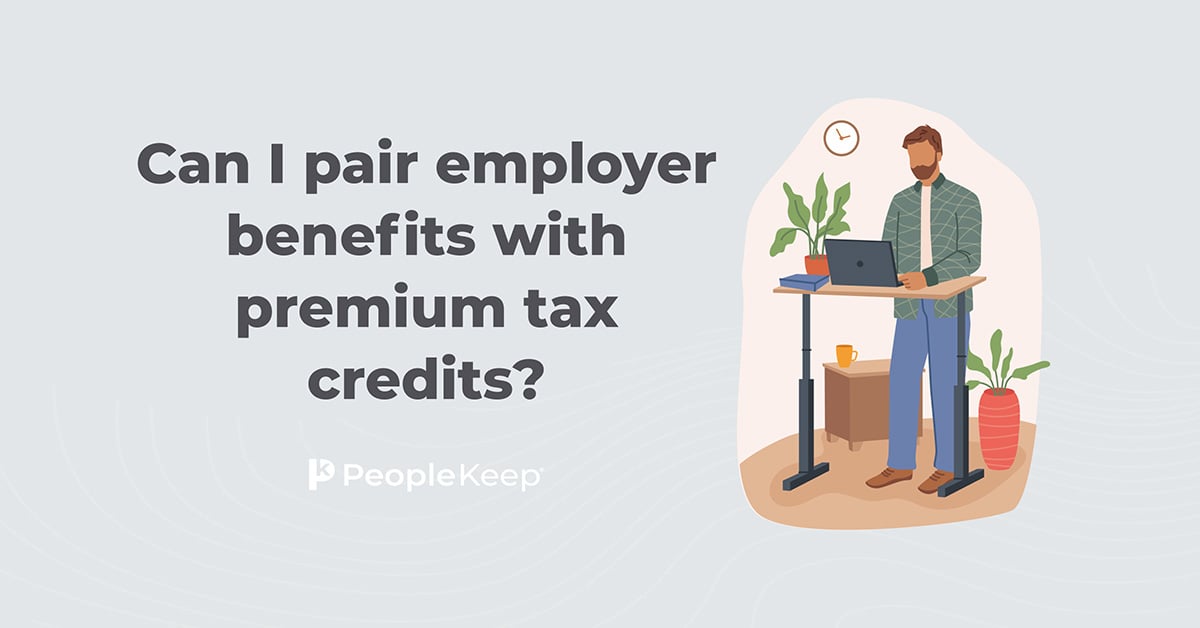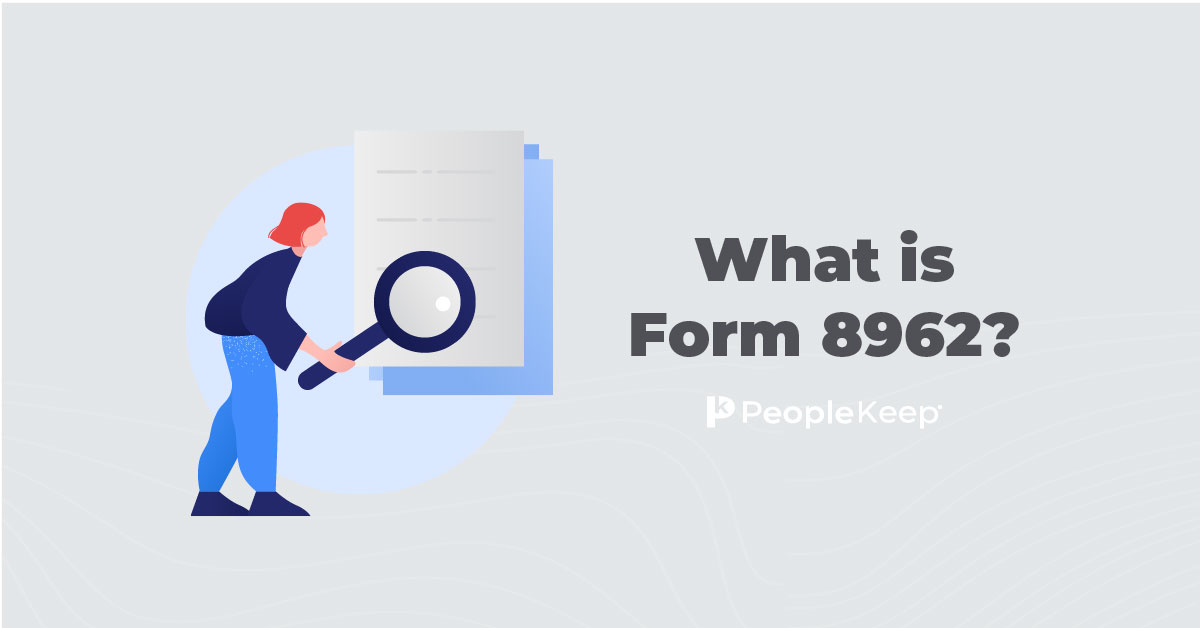FAQs - Health Insurance Premium Tax Credits
By PeopleKeep Team on November 12, 2014 at 5:00 PM
Health insurance premium tax credits are available through the Health Insurance Marketplaces and provide significant savings to most Americans. However, at times they can be difficult to understand. Here are FAQs to help you understand the health insurance premium tax credits in 2015.
Q: What is a Health Insurance Premium Tax Credit?
A: The premium tax credit provides you and your family a discount on health insurance. If you are eligible (see below) this credit is something you can use in advance; paid to your insurance company to lower your monthly premium. However, to qualify you need to purchase a plan through the Health Insurance Marketplace. You can also claim the entire credit when you file your tax return, if you prefer.
Q: Am I Eligible?
A: You are eligible for a health insurance premium tax credit if you meet certain income requirements and do not have access to affordable health insurance through an employer or government program such as Medicaid or Medicare.
Households with incomes of 100% to 400% of the federal poverty line (FPL) qualify for the credits.
What does that mean in terms of income? As the following charts show, this means households earning up to $46,680 for an individual in 2014, or $95,400 for a family of four, qualify.
For example, if you make $23,340 a year (200% FPL), the maximum amount you will pay for health insurance is 6.34% of your income which is $1,480/year ($123/month).
You may also qualify for a premium tax credit if you are offered employer-sponsored health insurance but it is not affordable, and you’re not enrolled in their plan. In order to determine this, calculate if your annual premium exceeds 9.5% (changes to 9.56% for plan years starting in 2015) of your household income.
Tip: As an employer, you can give your employees access to the premium tax credits (and more affordable health insurance coverage) by not offering traditional group health insurance. That’s because just offering a group health insurance plan disqualifies employees, and often family members, from the discounts.
Q: How does it benefit me?
A: You’ll be saving money. The credit is beneficial to you simply because it allows you to access more affordable health insurance. In fact, in 2014, the average person using the credit across all types of plans paid $82/month rather than $346/month that they would have paid without the credit--that’s a savings of $264/month.
Q: Do I need to file a tax return to receive the credit?
A: If you received advanced credit payments for any tax year, or if you are planning on claiming the premium tax credit, it is essential that you file a federal income tax return for the year the credits were applied to. If you have questions regarding the specifics of your tax return and the premium tax credit, check with a tax professional.
These FAQ’s answer some of the important questions that many consumers - both individuals and business owners - have about the health insurance premium tax credits. Though tax credits can be complicated, hopefully you feel a little more up-to-date about the health insurance premium tax credits and how they apply to you.
Check out more resources
See these related articles

Guide to premium tax credits for health insurance
See how premium tax credits can lower health insurance costs. Our guide provides the information you need to navigate this important aspect of healthcare.

Can I pair employer benefits with premium tax credits?
Discover if you can combine employer benefits with premium tax credits when it comes to health insurance. Get all the answers in this informative post.

What is Form 8962?
Wondering if you need to file IRS Form 8962? This detailed article explains how Form 8962 works for those with premium tax credits for health insurance.


